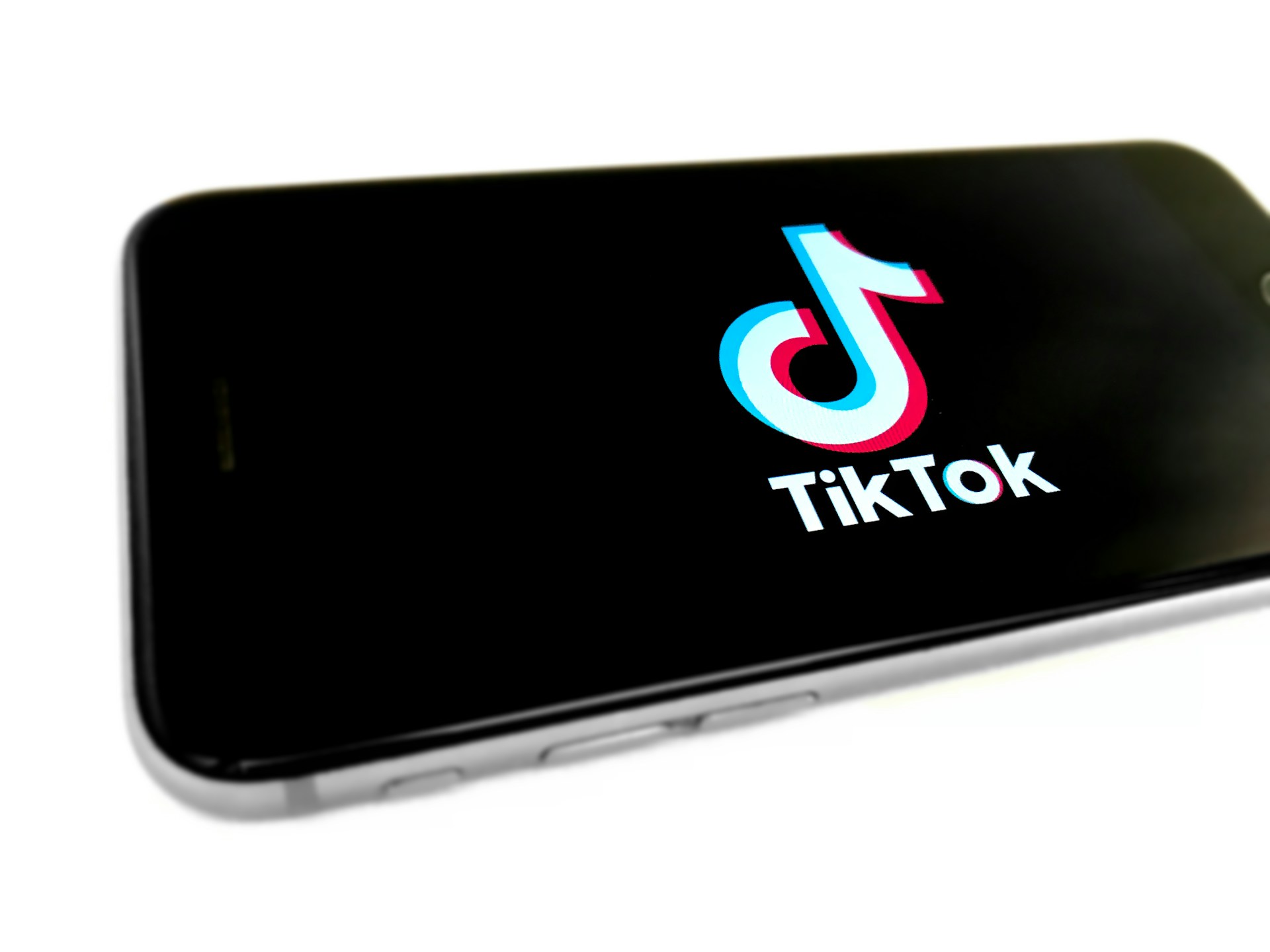The Ministry of Information and Communication Technology has recently issued a new requirement requiring the video-sharing platform TikTok to begin publishing quarterly reports. This new regulation is implemented during a period when the platform is being investigated by the Kenyan government, which is attempting to regulate it in response to allegations that it promotes explicit content.
In light of this new information, the government is implementing a broader strategy to control social media to address issues such as data security, misinformation, mental health, and privacy.
Read also: How new YouTube shopping feature is competing with TikTok
Why Kenya is concerned about TikTok
TikTok is the third most used social app after Facebook and YouTube, with more than 10.6 million adult users. The government is concerned about the impact content from the Chinese platform can have on its citizens since it is widely used.
To safeguard sensitive information and the safety of Kenyans, the Interior Ministry of Kenya contemplated limiting government officials’ use of TikTok in March 2024.
Banning TikTok has been considered before in the nation. Bob Ndolo, CEO of Briget Connect Consultancy, petitioned to have TikTok banned in Kenya in August 2023.
The petitioner raised several concerns, including the following: data insecurity, hate speech, sexually explicit content, and foul language. He went on to say that students’ academic performance will suffer because of the social media platform.
Also that month, TikTok and the Kenyan government announced their partnership to make sure the app’s content is appropriate for the community. At the same time, an office in Nairobi was also visible.
Back then, Interior Cabinet Secretary Kithure Kindiki came clean about the National Security Council’s (NSC) fight against dangers posed by TikTok and other social media sites.
The measure Kenya takes
This new information comes from ICT Principal Secretary John Tanui, who told lawmakers, “To facilitate easy community reporting, TikTok is required to share quarterly compliance reports with the ministry, clearly showing content removed and reasons for the same.”
Tanui argued that regulation is preferable to a total ban but that the former would have more negative effects than positives. This is due to the fact that millions of young Kenyans and entrepreneurs depend on TikTok to make money through content creation and advertising their businesses.
Kenya has the highest TikTok usage rate in the world, with 54% using the app for general purposes and about 29% for news, according to a report from 2023.
Read also: TikTok deletes 1.7 million Nigerian videos
Not to be outdone, TikTok has also been busy fixing things. On April 16, 2024, the platform made an appearance before the Kenyan Parliament and announced that it would keep on offering capacity-building workshops to regulatory agencies and policymakers in Kenya on topics such as content moderation, data privacy, and online safety.
Additionally, it has collaborated with the Women, Gender, and Youth Directorate (WGYD) of the African Union Commission to educate parents and youth about the importance of staying safe when using the internet.
Many African nations, like Senegal and Somalia, as well as some non-African ones, like Afghanistan, India, Canada, and the US, have banned the social app.




